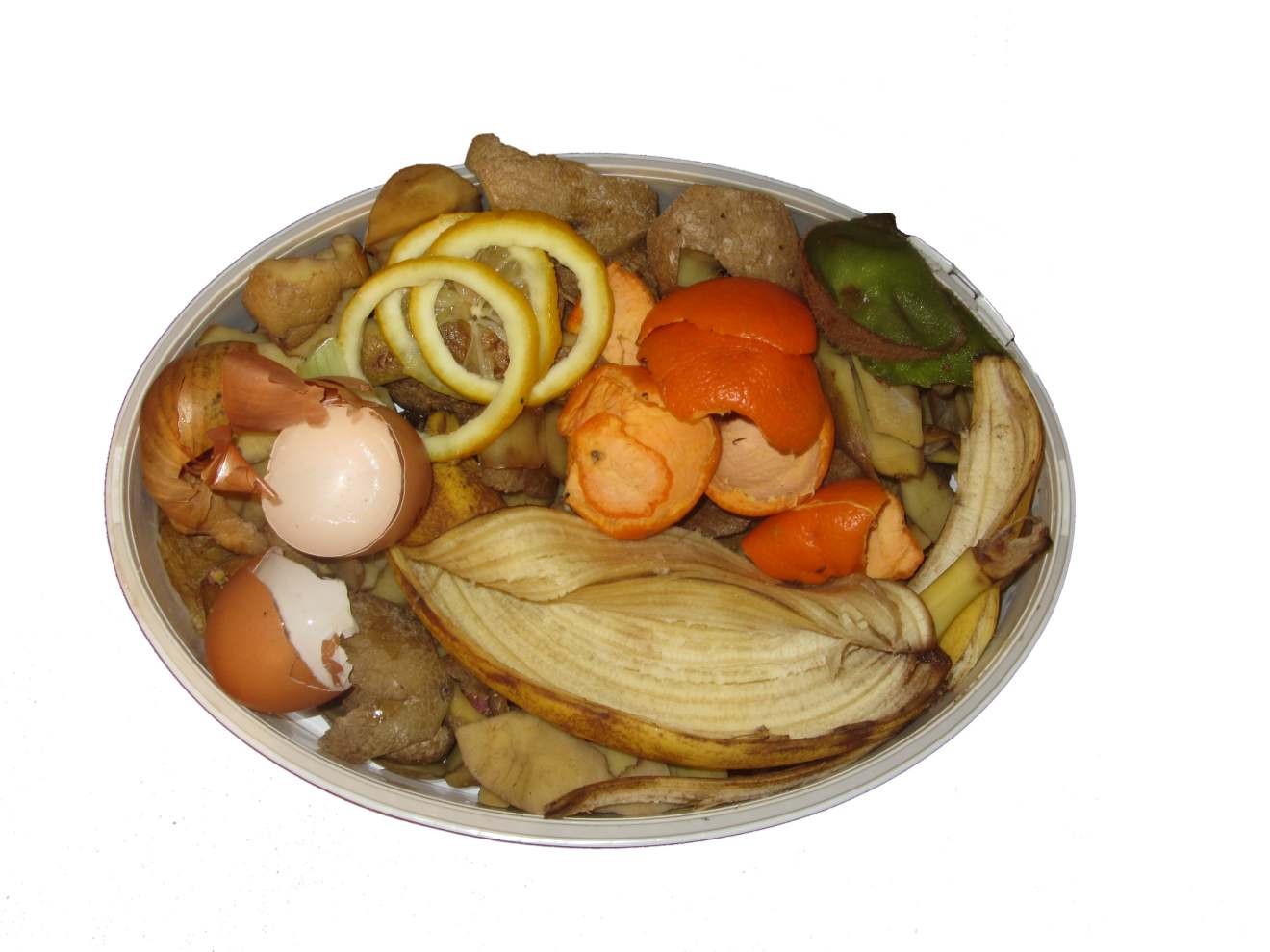
Food waste — do you feel guilty about wasting food? More and more Canadians are showing deep and growing interest in the debate around food waste, which is a very shameful reality.
Even though some Canadians, both children and adults, are going to bed hungry, and there’s a shortage of food at food banks across the country, a full 40 percent of all food in Canada, roughly $31 billion worth, goes uneaten every year.
What a shame to see people going hungry in parts of the world and yet billions of dollars worth of food go to waste. There are countries where food is scarce and/or nothing at all. There is something extremely wrong when around one-third of all food produced for human consumption is lost or wasted and yet more than 800 million people go to bed hungry EACH night.
In Haiti, a mixture of salt, vegetable oil and dirt, pat into “mud cookies” and left to dry under the scorching sun is a desperate move to remedy the hunger pangs due to the high food prices caused by poor growing conditions and rising costs of fuel.
In well-developed countries, food goes to waste for reasons like being “ugly” – they are the odd looking and irregularly shaped fruits and vegetables that do not match the ideal size or shape for selling to the public, as well as the date labels on food that confuses consumers. Terms and regulations to clearly define what date labels actually mean will lessen the confusion to phrases like “Best by”, “Use before”, “Sell by”, and “Expires on”.
Earlier this year, France became the first country in the world to prohibit supermarkets from throwing away unsold food. Instead, unsold food must be donated to charities and food banks.
Meanwhile, United Kingdom, Australia and Canada have also boarded the bandwagon and have taken action against food waste by selling unattractive, deformed fruits and vegetables at reduced prices.
The food that goes to waste also risks worsening political tensions around the world. In the Global Risks Report 2016 published by the World Economic Forum, in Geneva, “Food Crises” is on top of the list of societal risks, along with large-scale involuntary migration, water crises, rapid and massive spread of infectious diseases, profound social instability and failure of urban planning.
Some movements and petitions are emerging to undertake a collective mission to make the inexcusable waste of food a thing of the past — aiming to educate people and finding the solutions to fix it.
Individually, we can also contribute by not wasting food and look for ways we can incorporate these ways in our day-to-day lives. For example, buy only what you need and learn ways to “recycle” and come up with a new dish from leftovers. Looks simple enough but will definitely a start to drive real change.
(Eagle News Jeanete Duazo, Western Canada Bureau)







